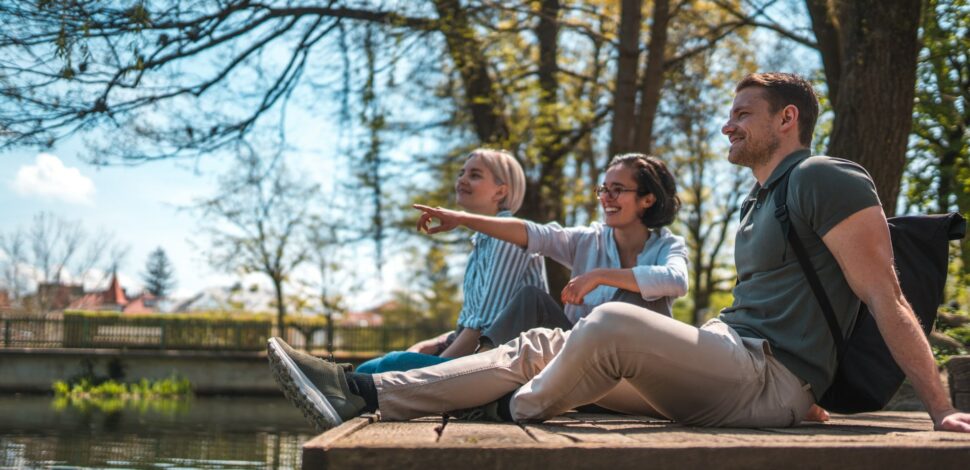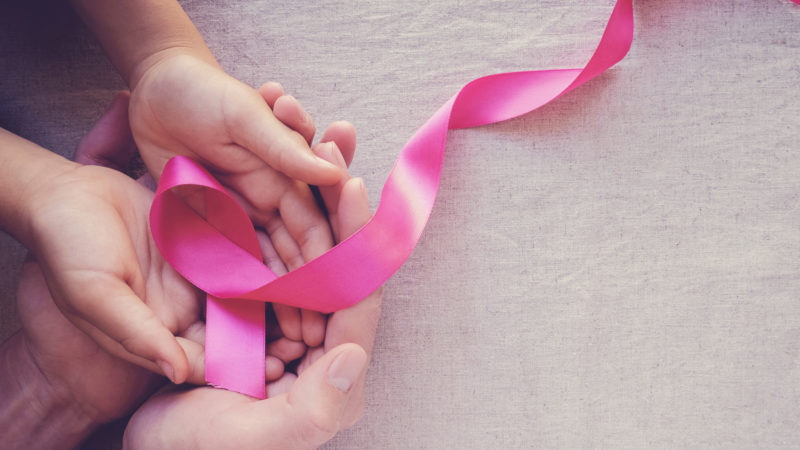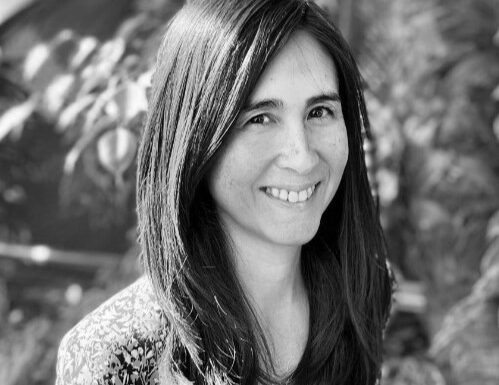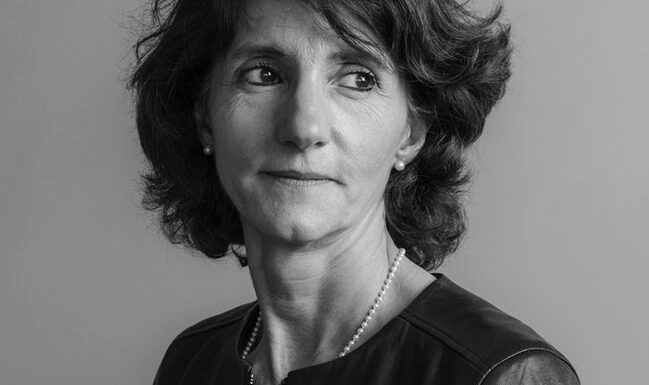Cancer prevention : you can make a difference !
One in 3 men and 1 in 4 women will be diagnosed with a cancer before the age of 85¹. But this is not an inevitable situation.
Dr. Alexandre Maisonneuve, a physician and the Medical and Innovation Director at AXA France, explains that we can all help prevent cancer.
Is everyone affected by cancer equally? How big a role does our genetics play in this disease?
Due to our personal genetic makeup, we are not all affected by cancer in the same way. And also, external factors such as fatigue, infections, aggressions from smoking and pollution, and even bouts of depression can impact our immune system. So, it is a mistake to think that because of our genes, we can do nothing. In fact, the opposite is true!
“Our immunity may be determined by our genes, but it is also greatly influenced by our lifestyle.”
This is especially true in the case of cancer, which is a permanent struggle between deteriorating cells and our physiological ability to protect us from the most toxic of them. When all is well, our organism maintains a daily balance. But when this balance is disrupted, cancer can move in.
Let me emphasize that we no longer think of cancer as an abnormality that grows in the body, but rather as an abnormality that the body allows to grow. This changes a lot in terms of identifying causes and finding treatments.
What are your healthy lifestyle recommendations to reduce the risk of cancer?
To reduce the risk of cancer, it’s useful to know that 40% of cancers are preventable (according to the French National Cancer Institute). They are mainly caused by our lifestyles and, to some extent, the environment. These are factors that we as individuals have the power to change!
We can act most effectively in three areas:
- Not smoking, which is by far the leading cause of cancer (tobacco use is directly linked to almost 20% of cases²)
- Significantly reducing alcohol intake. People often underestimate or are unaware of the link between alcohol consumption and cancer, and yet it directly causes close to 8% of cancers ³
- Combating a sedentary lifestyle by getting exercise daily

Our body’s cells are undergoing constant renewal and we need to give ourselves the best chances of staying healthy. When we smoke, drink alcohol, or overeat, we are overworking our defense system and thereby weakening our immunity. Unintentionally, we are leaving a wide open path for aggressive cells, increasing our cancer risk.
In more concrete terms, when we drink alcohol or smoke, we are introducing toxins into our bodies. These harmful chemicals are not only directly toxic to cells, but also create additional work for our organism, which will allocate a portion of its available energy to eliminate the toxins. This energy will no longer be available for healthy cell renewal, nor for defending your body against the most damaging cells.
Fighting sedentary behavior is another important point. We are not expecting everyone to run a marathon! A half-hour of vigorous exercise per day (this does not have to be a sport, strictly speaking), such as a daily 30-minute walk at a brisk pace, is an excellent start and will help you achieve this health goal.
France runs several cancer screening campaigns. How effective are they?
Three organized screening programs exist. In the absence of any personal or family medical history, they recommend:
- For women:
– Starting at age 25, cervical cancer screening
– Starting at age 50, breast cancer screening every two years - For both men and women:
– Starting at age 50, colorectal cancer screening every two years
It is unfortunate that, currently, less than 50% of eligible women participate in the breast cancer screening and only about 60% in the cervical cancer screening. Colorectal cancer screening garners an even lower percentage of the eligible population: only about 35% participate.⁴
“In France, our overall rate of participation in organized screening programs is less than 50%, whereas the European target is 65%.⁵ There is significant room for improvement, so we all have good reason to take action!”
The key is for people to understand that it is in their own personal interest get screened. We often observe a certain reluctance to do so, as though it would necessarily lead to a diagnosis. There is also a feeling of guilt due to our lifestyles which, of course, are never flawless!
Screening should be seen as a routine checkup where the outcome will be positive in the large majority of cases.
And in cases where a cancer is detected, with an early diagnosis (before having had any symptoms), there is a possibility for treatment that is less invasive, shorter, better tolerated and more effective than with a later diagnosis.
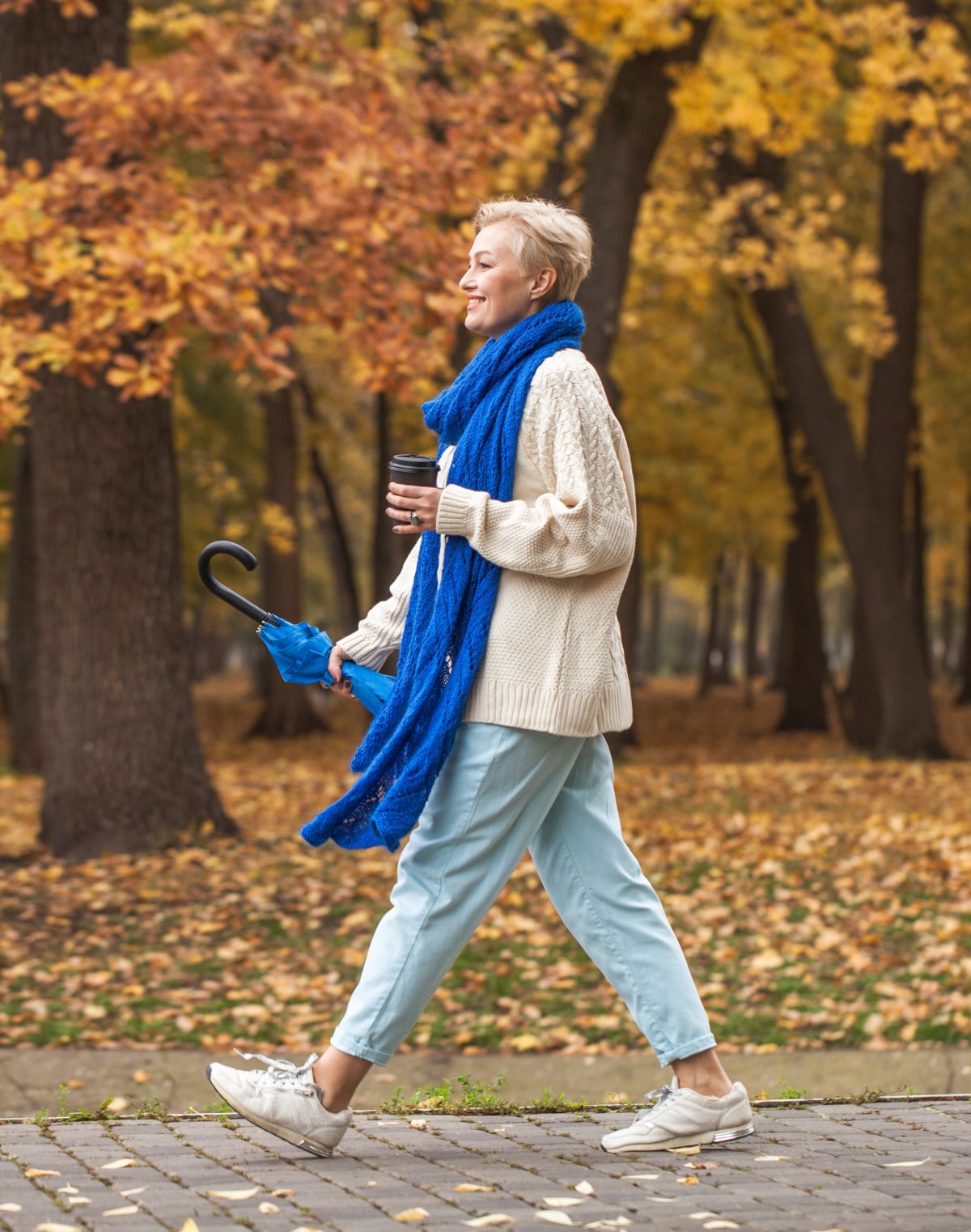
In your opinion, what is the insurer’s role in preventing cancer?
Insurers have a key role to play in cancer prevention, which I will describe with three words.
- Engage. Given the low rate of overall participation in organized screening programs, the first step is to improve these numbers by getting more people on board. This means those who are eligible, of course, but also younger people, who can encourage their loved ones to get screened and then be more likely to get screened themselves when they reach the targeted age group. This is a priority and a goal for any responsible and engaged stakeholder.
- Inspire action. It is also important to provide relevant information and insight to help each individual progress and make positive lifestyle changes.
- Raise awareness. In France, organized screening programs only address three types of cancer (a fourth program for lung cancer will probably be added in the coming years). But we know that cancer comes in many forms.
The takeaway is for everyone to realize that they can make a difference and that it is in their own interest to take action: by exploring lifestyle changes, by talking with your doctor, and by taking part in organized screening. Of course, there are many valid – and not-so-valid – reasons to put off screening, but I can assure you that you will feel much more at ease once you have done the test, even before you get the results. And in the overwhelming majority of cases, the results will be normal!
The earlier a cancer is detected, the better it is cured. The more we reduce our risk factors, the healthier we feel.
As a doctor, it is my firm conviction that, as with accidents on the road, the insurer’s role is to show that prevention is possible, by replacing fatalism with an objective goal and encouraging maximum participation in organized screening, so we can achieve a big win for all!
(1) French Cancer League (ligue-cancer.net, in French)
(2) French National Cancer Institute (INCa) – Tobacco use, the leading preventable cancer risk factor and Panorama des cancers_2023.pdf (e-cancer.fr, in French)
(3) French National Cancer Institute (INCa) – Panorama des cancers_2023.pdf
(4) French National Cancer Institute (INCa) – Panorama des cancers_2023.pdf

